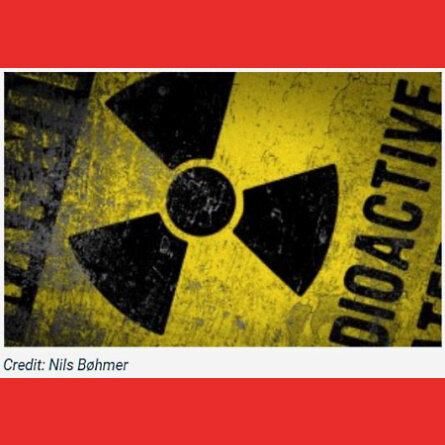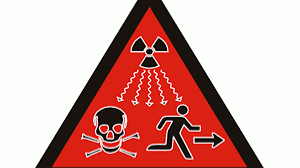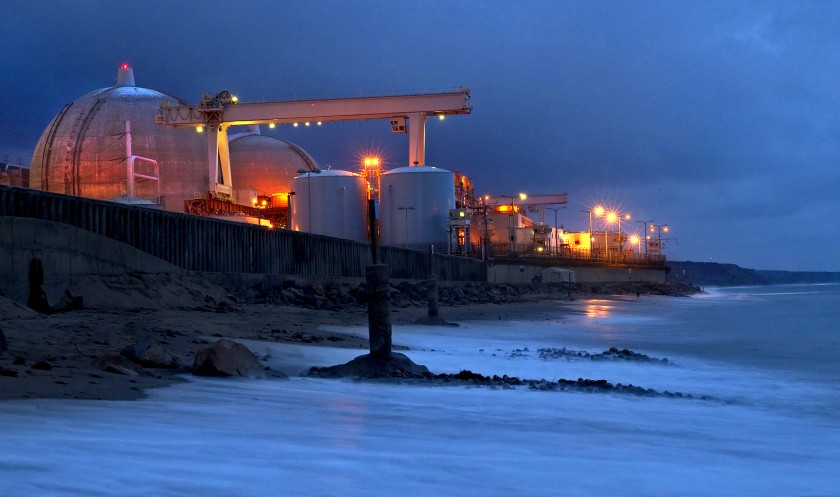

Sen. Elizabeth Warren pledges not to invest in nuclear energy and focus on renewables instead
Sen. Elizabeth Warren made clear in a Sept. 4 climate town hall meeting that if she is successful in taking office as president, she will not invest in nuclear energy.
The Democratic presidential hopeful pledged to not only prevent the building of new power plants, but also said she would phase out all nuclear power by 2035 and replace it with renewables. After 52 years of producing energy, Pilgrim Nuclear Power Station closed its doors on May 31.
Warren was asked what her opinion on nuclear energy replacing fossil fuels are during the Climate Town Hall.

Fukushima’s Radioactive Water Crisis
Tokyo Electric Power’s Fukushima Daiichi Nuclear Power Station, which experienced three massive meltdowns in 2011, is running out of room to store radioactive water. No surprise! But now, what to do about phosphorescent water?
Addressing the issue, Japan’s environmental minister Yoshiaki Harada held a news conference (September 2019). Unfortunately, he proffered the following advice: “The only option will be to drain it into the sea and dilute it.” (Source: Justin McCurry in Tokyo, Fukushima: Japan Will Have to Dump Radioactive Water Into Pacific, Minister Says, The Guardian, Sept. 10, 2019)

Nuclear power ‘seven decades of economic ruin’, says new report
New research has found that almost all nuclear power plants built since the nuclear industry’s inception have generated large financial losses.
The report by the German Institute for Economic Research examines 674 nuclear power plants built since 1951. Its authors found that typical nuclear power plants averaged 4.8 billion euros in losses.

24 Questions That Show Nukes Are NOT The Answer
1. How many more decades of uranium does the planet have left?
There are about 8 decades of supply remaining.
“Uranium abundance: At the current rate of uranium consumption with conventional reactors, the world supply of viable uranium, which is the most common nuclear fuel, will last for 80 years.” If nukes were fully built out to provide our full energy needs, we would have about 5 years of uranium remaining on the planet.
Note that nukes are not renewable energy. Anything that has to be mined is, by definition, not renewable.

Finding a repository for San Onofre plant’s nuclear waste is a difficult task
SAN DIEGO — Earlier this month, Southern California Edison — the operators of the now-shuttered San Onofre nuclear power plant — resumed transferring heavy canisters filled with spent fuel assemblies from wet storage pools to a newly constructed dry storage facility on the plant’s premises.
Putting aside the criticism from some advocacy groups about restarting transfers at all, the move brings up a larger question: Where will the waste at the San Onofre Nuclear Generating Station, known as SONGS, eventually go?
